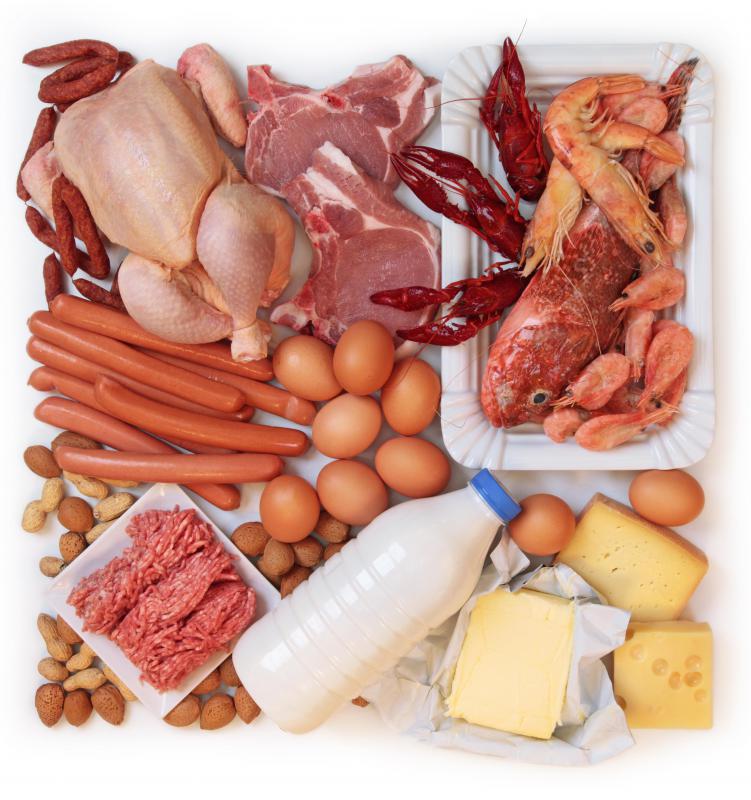At WiseGEEK, we're committed to delivering accurate, trustworthy information. Our expert-authored content is rigorously fact-checked and sourced from credible authorities. Discover how we uphold the highest standards in providing you with reliable knowledge.
What Does a Renal Dietitian Do?
It's the job of a renal dietitian to treat people suffering from kidney disease or other kidney complications. Basically, this job revolves around recommending dietary changes to patients that are intended to optimize liver functioning. These individuals are typically employed by healthcare facilities or operate a private practice. Most of these dietitians have at least a bachelor's degree in foods and nutrition, and private practice owners are often licensed. Common responsibilities of a renal dietitian include consulting with patients, assessing the dietary intake of patients, proposing dietary changes, monitoring progress and maintaining patient records. Generally, a renal dietician will be able to educate any individual with a kidney condition to help them make the food and drink choices that best support their health.
Usually the first stage of each patient's treatment involves an initial consultation with a renal dietitian. During this time, he will meet with a patient to discuss matters like the extent of kidney complications, current diet and exercise habits. Before making suggestions, it's necessary for a renal dietitian to obtain as much information as possible and have a complete understanding of a patient's health habits. Due to the large degree of patient interaction in this job, it's helpful to have excellent interpersonal skills and be able to build rapport with a variety of patients.

After obtaining some background information, a renal dietitian will assess the dietary intake of a patient. For example, he may conclude that a patient is consuming too many processed foods and not enough vegetables. Besides this, he might conclude that a patient is consuming an excess amount of food during meals or not getting an adequate amount of exercise.

Once he has made an assessment, the renal dietitian will usually propose certain dietary changes for a patient. Since his goal is to improve kidney functioning, he will often suggest eating foods that contain potassium, calcium and phosphorus. In addition, he might recommend that a patient start taking certain vitamins to benefit the liver. Sometimes, he will also provide a patient with educational materials on how to treat kidney disease.
Along with this, a renal dietitian will often monitor the patient's progress while implementing dietary changes. This might involve meeting with a patient once every week or two to discuss how the patient is feeling. If progress is favorable, a renal dietitian will most likely stick with a patient's current diet. Otherwise, he may suggest small changes.
Additionally, an individual in this position will be responsible for maintaining patient records. For example, he will usually document each patient's name, contact information, previous health records, dietary changes and results. This information can be useful for future reference and helps improve the quality of patient care.
AS FEATURED ON:
AS FEATURED ON:












Discuss this Article
Post your comments